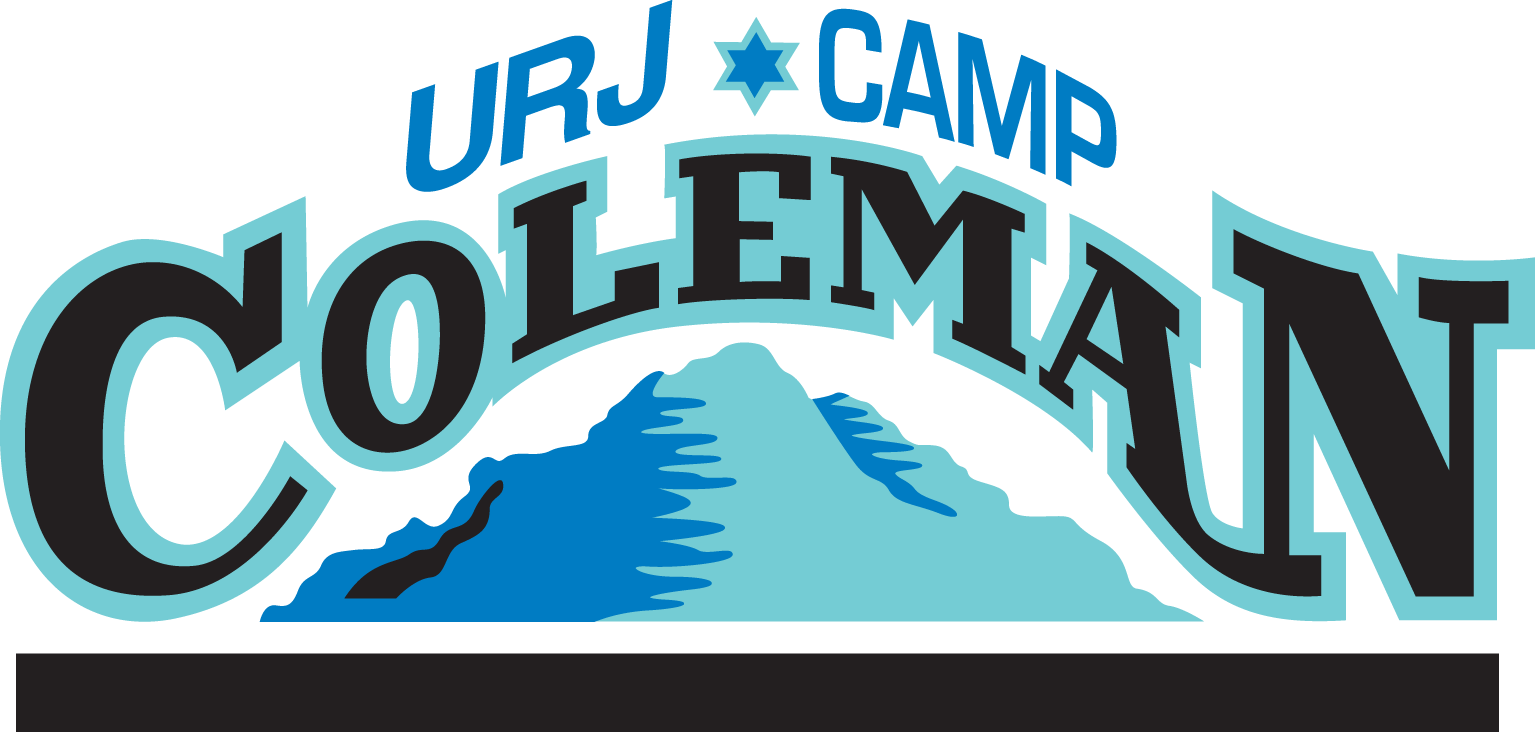By Jonathan Edelman
It took me a while to face the passing of civil rights leader and U.S. Representative John Lewis, whose story and teachings have been with me throughout most of my life. When I did, though, I thought back to how I first learned about him. It wasn’t through school, or a movie, or the internet. It was through camp.
I went to Camp Coleman for four summers, from age 12 to 15. The unspoken rule of all summer camps is that everyone looks up to the oldest campers, and I was no different. For three years I dreamed of when I would be part of that oldest unit, Chalutzim (Pioneers). Their traditions were hallowed: they had the coolest cheers in the dining hall, the best counselors, and a cabin that was literally perched atop a hill looking down on everyone else’s. And they left camp for almost a week to go on a special trip: the Chalutzim trip.
I don’t quite know what I expected on that trip — probably some form of camping and nature exploration — but when it was finally my turn to take the trip, we did something quite different. We headed into Atlanta, where we spent a day tracing the life of Dr. Martin Luther King Jr.: Ebenezer Baptist, King’s childhood home, his grave, and the King Center for Nonviolent Social Change. We followed that up by driving all the way to Alabama: going to 16th Street Baptist, Dexter Baptist, the Birmingham Civil Rights Institute, and Selma. And we talked with our counselors about what it must’ve been like to march through violence and what modern-day civil rights struggles looked like. By making a civil rights trip such a key part of our Chalutzim experience, Camp Coleman was sending us a message: advocacy for civil rights is part of what it means to be a Jew in the Southeast.
I left the trip not thinking too much of it — it was camp, so I was preoccupied with card games and movies and who had a crush on whom — but I’ve been surprised at how long the things I saw there have stuck with me. When I think about our country’s centuries-long history of racial oppression, I picture a bombed-out church staircase, a watery grave, and the white-iron triangles of a bridge where you can almost smell the blood poured there half a century ago. I grew up in Jacksonville, Florida, the site of sit-ins and racist violence like Ax Handle Saturday, but no one had ever shown me that history. Through camp, though, I was able to see with my own eyes both the viciousness of institutionalized racism and the bravery of those who fought against it.
As I watch the eulogies of John Lewis now, I’m reminded that our trip traced much of the history of Lewis’s life, too — from his childhood in Alabama to his adult life in Georgia, and his activism in both places. We learned on that trip the great lesson of Lewis’s life: that there’s simply no excuse not to fight for justice, and that you should never stop making “good trouble” to make change. Thinking about John Lewis’s bravery and dedication led me to attend my first protests in college, which led me to get involved in community organizing, advocacy, and eventually working at the RAC.
And yet, I wonder why it took me so long to take action. Camp was able to show me some of the injustices in my backyard, but it would be years before mentors would show me how to make Lewis’s “good trouble” through activism and organizing — as well as show me how I could do a better job of centering current Black lives as I fought for civil rights. Many of my cabin-mates at camp never got that training. No wonder the Jewish community has a long way to go toward standing in true solidarity with Black voices and other marginalized groups.
As we grapple as a Jewish community with John Lewis’s passing, we should consider what Lewis loved most: young people taking action. Our camps are at the center of that. Camps like Camp Coleman have recognized that a key part of becoming a Jewish adult is grappling with the injustice of the world and doing something about it, and I’m thankful for how it was able to shape my life and my sense of purpose. Still, we have more to do. Let’s recommit to giving our youth the tools they need — the training, the staff support, and the resources — to turn what they learn at camp into a true fight for justice.
